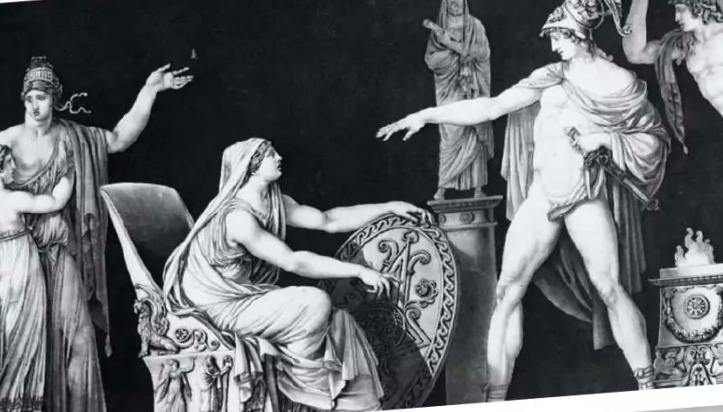When you think of ancient Greece, you might picture a world dominated entirely by men. But the reality for women varied dramatically between the city-states. In Athens, women were largely confined to the home, while in Sparta, they enjoyed a level of freedom unheard of elsewhere. This stark contrast raises a fascinating question: if you had to choose, where would life have been better for a woman?
Table of Contents
🏛️ The Athenian Ideal: Seen and Not Heard
In democratic Athens, a woman’s place was firmly in the oikos (the household). Wealthier women, in particular, lived a sheltered life, rarely leaving the house without a male chaperone. Their primary duties were to bear legitimate children and manage the domestic sphere. The historian Thucydides summed up the ideal perfectly: a woman’s greatest glory was to be “least talked about among men, whether in praise or blame.” They had no political rights and could not enter into contracts beyond a very small value, legally remaining children their entire lives.
⚔️ The Spartan Woman: Strength and Status
Life in Sparta was a world apart. Spartan women rarely married before the age of 20 and were encouraged to be physically fit and educated. Their most important role was to raise future warriors, a duty that gave them immense status in their society. Because Spartan men were often away on military campaigns, women had significant control over their homes and finances. Remarkably, they could also own and inherit land, a right that gave them substantial economic power.
⚖️ A Clear Verdict?
While no woman in ancient Greece was on equal footing with men, the difference between these two city-states is clear. An Athenian woman’s life was one of confinement and legal limitation, focused entirely on the home. A Spartan woman, on the other hand, experienced greater freedom, education, and economic power. Though their lives were dedicated to the state’s military ambitions, they were respected and influential figures within their society. The choice seems obvious, doesn’t it?
Bibliography:
BBC History Specials: Ancient World, 2025. Immediate Media Company London Limited, 2024.
- Curses: The History of the Evil Eye and Binding Magic
- Magical Plants: A Witch’s Garden of Herbs and Poisons
- Roman Magic: Curses, the Strix, and Everyday Protection
- Circe: The Greek Sorceress of Transformation and Myth
- Greek Magic: Hecate’s Power, Oracles, and Enchantresses
- Japanese Magic: Yōkai, Onmyōdō, and Supernatural Folklore
- Empress Chen Jiao: The Royal Scandal of Witchcraft in Han China
